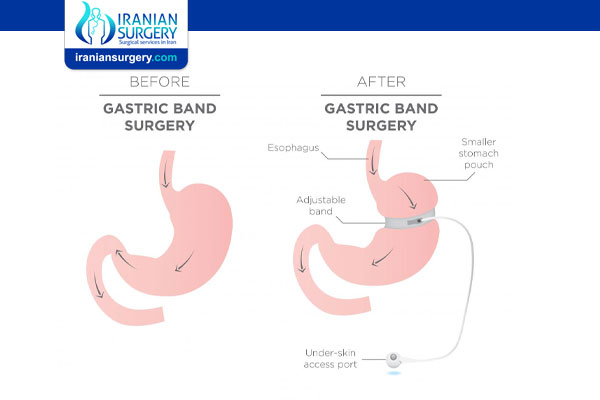What are the side effects of a gastric band?
How long does a gastric band last?
What can go wrong with gastric band?
Gastric banding side effects
The most common problems after gastric banding surgery include: Nausea and vomiting. These can often be reduced by adjusting the tightness of the band. Laparoscopic adjustable gastric banding procedures have a favorable risk-benefit profile and are increasingly important as part of the overall management of obesity.
Read more about : Weight loss surgery, Before and after Photo after 6 months
Read more about : Liposuction Podcast with Dr. Afshan shah
Read more about : Abdominoplasty and Breast reduction and bbl surgery , before and after surgery videos
Read more about : Diet after bariatric surgery
These procedures are effective at inducing weight loss and improving comorbid conditions, including diabetes mellitus, hypertension, and sleep apnea. Laparoscopic adjustable gastric banding has several typical complications, and family physicians should recognize these as part of a team-based approach to the management of obesity. Gastric band slippage, port or tubing malfunction, stomal obstruction, band erosion, pouch dilation, and port infection are examples of complications that may occur after laparoscopic adjustable gastric banding. Upper gastrointestinal tract imaging is often required to diagnose these complications. Some complications can be managed in the primary care setting through behavioral diet modification or removal of fluid from the band (band deflation); however, other complications require surgical repair or removal of the band.
The most common problems after gastric banding surgery include:
• Nausea and vomiting. These can often be reduced by adjusting the tightness of the band.
• Minor surgical complications. These include problems with the adjustment device, wound infections, or minor bleeding. They happen less than 10% of the time.
Read more about : Weight loss surgery podcast with Dr Rashki


